One company that aims to make transport more sustainable and environmentally friendly is Gebrüder Weiss, one of the first transport and logistics companies in the world, with a history dating back to 1474, in Austria.
How Gebrüder Weiss sees sustainability
We wanted to know how the company sees sustainability, and Viorel Leca, CEO at Gebrüder Weiss Romania, told us that "for Gebrüder Weiss, sustainability translates primarily through intelligent logistics services, because we do not stop only to the projects whose main purpose is to reduce the carbon footprint. Intelligent logistics starts with the analysis of the complex supply and distribution processes of our customers."
In his vision, the supply and distribution chains of the company need to be re-evaluated in order to determine which are the most optimal ways to deliver products in order to not only reduce cost, but also carbon emissions.
He also states that for Gebrüder Weiss, sustainability is one of the main values and the company's financial independence is of great aid when it comes to reaching sustainability efforts.
"We are responsible for protecting the environment. In this context, resource saving solutions, concepts and alternative measures, which meet the needs of current and future generations, play a decisive role.
Intelligent use of available resources is an essential dimension of our environmental measures. We are aware of our responsibility in the transportation and logistics industry, and the implementation of sustainable systems and work processes is the first of these. Consequently, we develop an organizational thinking and culture in which the ecological and social aspects are anchored", Viorel told us.
Gebrüder Weiss' environmental projects globally
One of Gebrüder Weiss' most important projects when it comes to helping the environment is Zero Emissions, their internationally launched project from November 2021, which lets the company's customers offset their carbon emissions from transport by calculating their carbon footprint per transport.
The footprint is then turned into compensatory cost, which the customers can pay, and the money go to certified climate protection projects around the globe.
"Carefully selected and closely monitored, these projects either significantly reduce or completely eliminate CO2 emissions. Users who offset their transportation receive a certificate documenting their support for the project to which the funds were directed", Viorel Leca explains.
Another project Gebrüder Weiss worked on in 2020 and 2021 is called the Planting Good Deeds, an initiative of the EcoAssist Association.
Customers and partners are more interested in sustainability
As far as customer behavior goes, Viorel noticed a shift in this area, but also with regards to the company's partners, both parties being more interested in the idea of sustainability.
He continued, saying that "they (i.e. consumers) have become more attentive to the products on the shelf that they purchase (and not only), give more confidence to those companies that have embraced the idea of sustainability and identify with brands positioned as sustainable.
And for our partners, sustainability is an important issue. Even if we are not explicitly requested in the negotiations or auctions, we notice that the steps of our company in this direction are appreciated."
What steps does Gebrüder Weiss take to become more sustainable
We also wanted to know what steps Gebrüder Weiss takes towards sustainability and how the company plans to help both the environment, but the social sphere, as well.
Viorel told us that the company, both as a group and locally, takes action in three main areas, which are economy, ecology and social.
Some of the steps that the transport and logistics company takes towards a more sustainable and responsible business model regard the reduction of the CO2 footprint of Gebrüder Weiss hubs: ”LED lighting, reduction of electricity consumption, installation of solar panels where the infrastructure allows, use of state-of-the-art handling equipment with energy recovery function. In the contracts with the electricity suppliers we pay attention to the percentage of energy coming from renewable sources”.
Another initiative taken by the Austrian company regards reducing the CO2 footprint in transport. ”We use, at Group level, at experimental level, gas, hydrogen or electric trucks. In addition to optimizing travel, we are testing the use of double deck equipment that helps optimize the way goods are loaded into trucks. Investments have also been made in the rental of mobile containers (wabs) that optimize the loading space”, told us the Gebrüder Weiss manager in Romania.
1.jpg)
In addition, the company has an active partnership with "Plantam Fapte Bune" in Romania, through which it financially supports Romania's afforestation efforts.
”We support disadvantaged or vulnerable communities and we are actively involved in social projects with organizations such as "Save the Children" or "Ana and the Children"”, adds Viorel Leca.
According to the manager, the company is constantly investing in training its employees through professional and personal development courses.
The sustainability challenges a transport company can face
Some of the biggest challenges when it comes to sustainability for a transportation and logistics company like Gebrüder Weiss is, according to Viorel Leca, resistance to change, which comes in the form of poor infrastructure and legislation.
For his company, it is also important to invest in the employees as well, to make sure that they can carry out the firm's mission, so Viorel told us that Gebrüder Weiss allocates budgets for training and coaching programs for people working in the warehouse and in the offices.
For Gebrüder Weiss, selecting partners is also an important process, since "the existence of common values is a priority" in order to fulfill the company's objectives, both financial and those regarding sustainability.
Gebrüder Weiss has been present in Romania since 1994, and today, the firm has a national hub infrastructure in important cities like Bucharest, Arad, Sibiu, Cluj-Napoca, Bacău, Brașov, Craiova, and Constanța.
The company offers transportation solutions for its customers through land, sea and air, making its services flexible.
Today, the Austrian transport and logistics company operates on most continents around the world, in countries such as the US, China, Germany and Romania and in 2020, it expanded further into the Southern hemisphere, in Australia and New Zealand.
 Mihai - Cristian Ioniță
Mihai - Cristian Ioniță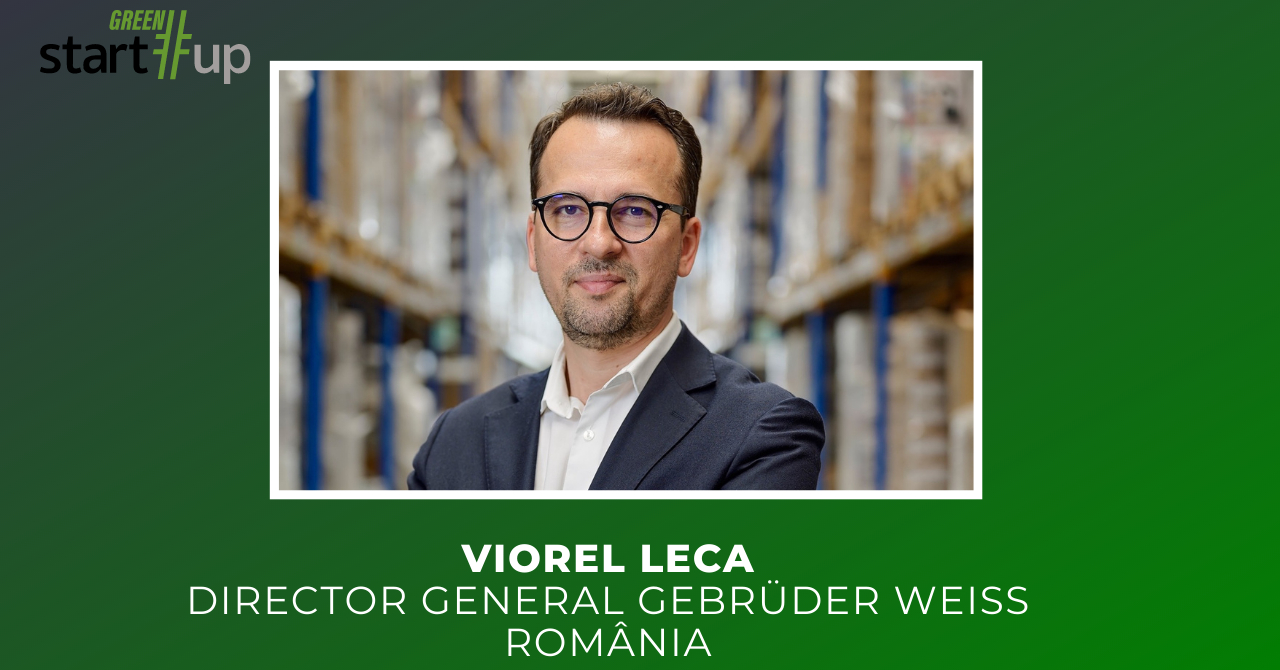

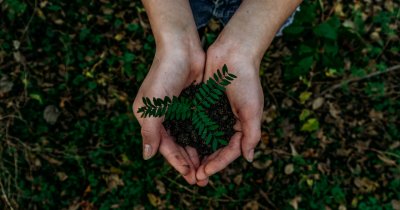

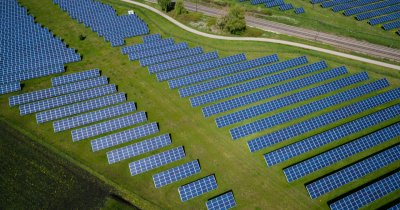
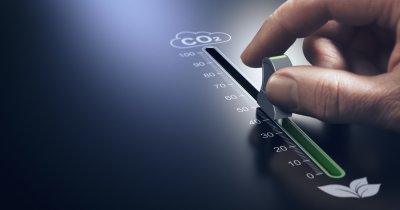

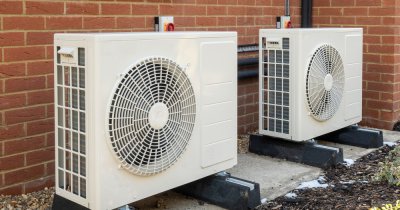
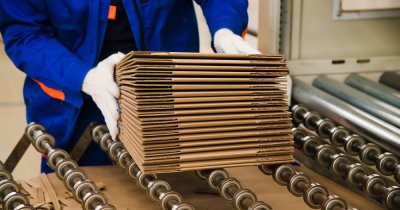
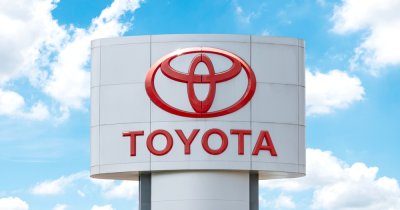
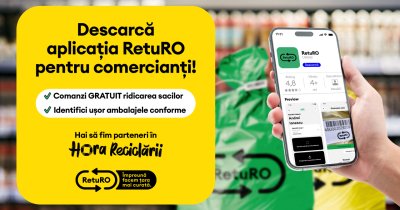
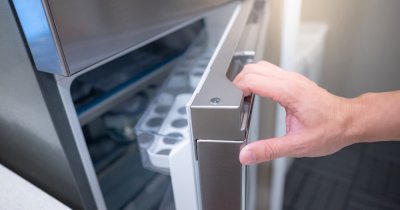
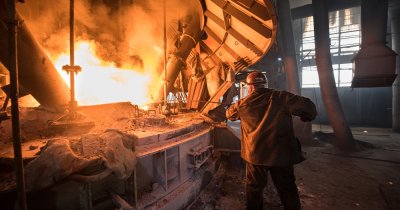
Any thoughts?